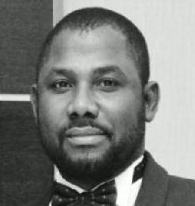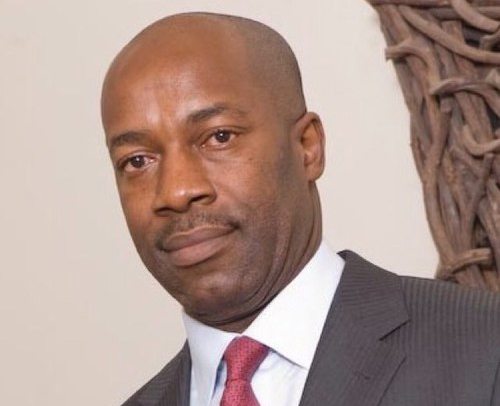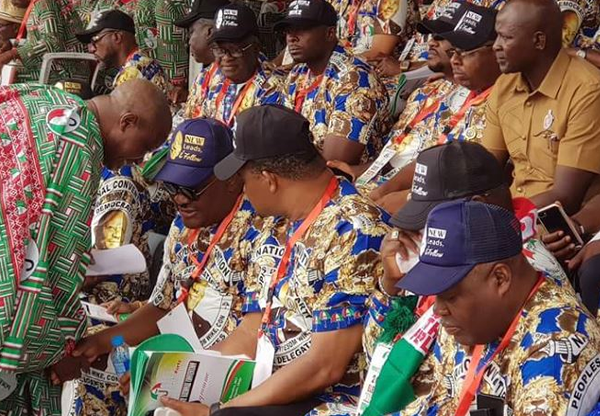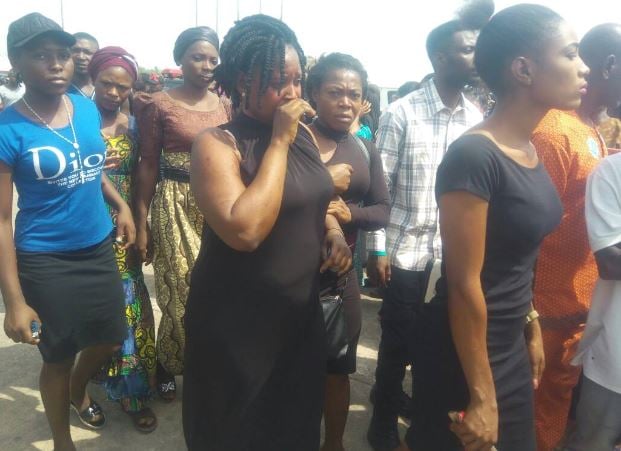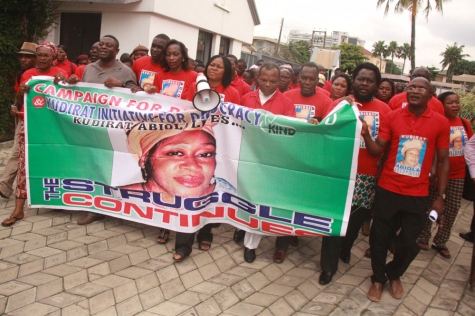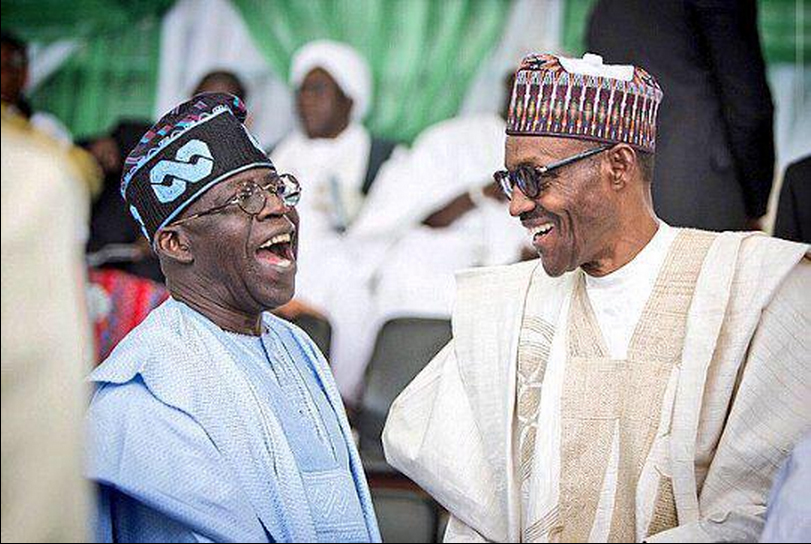For any desirable change to occur in a society, the roles of all key players in the affairs of such a society must be constantly evaluated to deepen best practices.
As such, the call for the appearance of the Group General Manager of the National Petroleum Investment Management Services (NAPIMS), Roland Ebuware, before the Nigerian senate was supposedly a step in the right direction.
When the news of the senate summons got out, many thought Ebuware was going to be put on a hot seat, but he ended up tearing his powerful callers to shreds with superior logic, thereby drawing more attention to his person while raising questions as to the reason for his invitation.
Given available records, the Harvard-educated lawyer is a rated corporate personality who worked as a senior executive at Schlumberger in America amongst other global blue-chip companies. He was head-hunted, few years ago, to transform Integrated Data Services Limited(IDSL), a subsidiary of the NNPC in Nigeria and just recently appointed the GGM of NAPIMS. Ewubare is, therefore, in the service of the country on the back of his adeptness in global corporate best practices.
Advertisement
As such what his presence before the senate committee on Local content investigating “Cost Variations of the $16 Billion Egina Offshore oil project” revealed was not just a person at ease with the knowledge of his duty but essentially the sad reality of our approach to governance.
The National Assembly (NASS), as part of its roles in government, conducts oversight responsibility over the Ministries, Departments and Agencies (MDAs) of government to strengthen accountability, transparency and performance. Indeed, this aspect of the work of the NASS is most essential in a society where power is abused with utmost impunity or no consequence.
As it is understood, ours is a democracy fashioned after America’s presidential system since our initial attempt at the British parliamentary democracy proved abortive. On both sides, however, we have so far operated bad copies of these democratic systems which, if conducted according to its fundamental principles, would have helped to improve the standards of living of the citizenry and entrench the rule of law in Nigeria.
Advertisement
Instructively, it is the manner in which these advanced worlds run their democracies that make America and Britain the first reference points on good governance the world over.
In both countries, every arm of government understands its distinctive functions in the service of the nation. Similarly, the politicians, civil servants or bureaucrats positioned to apply the rules and uphold standards according to extant laws are very much alive to their responsibilities.
Therefore, before, for instance, a committee in the US senate calls for a probe or investigation into any critical national issue, rigorous underground checks would have been done on the matter. And the facts of the case would have often been established before it’s put out for public hearing.
Also, the senate members that will lead the probe do not necessarily need to have the subject matter fall within their core professional areas. Rather, they put themselves through painstaking studies such that would make them tackle the issues during the probe as authorities. And would also enable them to confidently challenge any expert on the matter under probe.
Advertisement
Quite unfortunately, the reverse is always the case in Nigeria. And the ad-hoc committee of the senate on Local content is an example. Undoubtedly, what played out during Ewubare’s appearance before that committee is a clear opposite of what obtains in other sane climes. The distinguished senators effectively squandered the chance to challenge probity and improve public knowledge on the conditions of Nigeria’s interests and shares in the multi-billion-dollar Join Venture (JV) between the Nigerian government and the International Oil Companies (IOCs) being managed by NAPIMS. That was an opportunity to put out probing posers on the level of Local Content inclusion in the Total Egina Oilfield project and serious questions asked on the so-called “cost variations”, our legislators again fell on their own sword.
During the hearing, Senator Solomon Adeola, the Chairman of the ad-hoc Committee, as confirmed by reports, indicated in his remarks that he would examine documents submitted by Total Nigeria Plc and NAPIMS /NNPC to ensure there was no backdating to cover misdeeds.
Clearly, such a curious insinuation on “backdating” of documents as regards the work of Ewubare was a heavy blow on someone else’s spirited endeavour and personality.
Therefore, Ebuware’s reaction to Adeola’s reckless inference and assumption was actually not surprising. Rising up strongly to the occasion, Ewubare said, “a suggestion of backdating of documents by the distinguished Senator is uncalled for and uncharitable. To make a casual remark like this in front of the media creates the impression of wrongdoing on the path of Total and NAPIMS.”
Advertisement
Apart from his personal integrity which he said was deliberately put to question, an act he deemed appalling and which he inferred Adeola is used to, Ebuware noted it was because of similar damning comments previously made by the committee chairman that he had to cancel the entire indigenous vessel tender to protect the integrity of the process.
This was obviously a shocking disclosure to Adeola upon which he interrupted and tried to convince Ewubare that the tender process shouldn’t be terminated. Unfortunately, that was a medicine after death. Ewubare maintained his stance, reiterating that the process had already been cancelled.
Advertisement
Quite unfortunately, Nigerian politicians have always cut their noses to spite their faces; and this is grossly often done to the detriment of the hapless masses and the betterment of the nation.
Assuming there isn’t any suggestion of ulterior motive or effort at self-enrichment, one would then wonder why such an important committee of the senate failed to dig deep for facts and prevent statements that jeopardise the overall interest of the nation.
Advertisement
Importantly, for the NASS to prove itself as a truly strong and worthy contributor to this democracy it must purge itself of its reputational deficit. It’s really dangerous for a developing nation to have one of its essential arms running with negative perception and with little or no effort towards improvement. The enduring perception that most probes conducted by the NASS are often geared towards bullying bureaucrats and heads of top government’s MDAs to force their hands into awful compromises for the pecuniary gains of some of the legislators is an anathema to our development pursuits.
In fact, in an article written by this author in November 2015 and titled, “The House boys are back work”, the ridiculousness of some of NASS’ investigations and public hearings on the oil industry was well stated and examples given on the sham and shambles of the past. Following is an excerpt from that piece.
Advertisement
“Many of such investigations, in addition to public hearings, have been held in the past with little or nothing to show for them.
“Previously, the house has constituted different committees on varying oil and gas issues and the committees have produced reports from statements of hundreds of witnesses and about 2, 500 volumes of documents taken in evidence from both the regulators and top operators in the industry. Yet, those otherwise credit-worthy steps have been dogged with controversies and scandalous allegations.
“Of particular reference is the Farouk Lawan-led House of Representatives ad-hoc committee constituted to probe the subsidy regime in 2012. After what many Nigerians had thought would be a watershed in the country’s oil sector reforms, the entire nation was shocked by a scandalous revelation: the chief reformer had soiled his hands, or so it was alleged.”
Much as one is not suggesting a strong correlation between the above scenario and the ongoing investigations or an end to purposeful public hearings and probes, the reality is there isn’t much change with the way the senate ad-hoc committee has so far conducted itself on the investigation of the Egina Oilfield project. Basically, Nigerians are far more interested in facts than facade particularly on matter of serious national interest.
Views expressed by contributors are strictly personal and not of TheCable.
Add a comment
